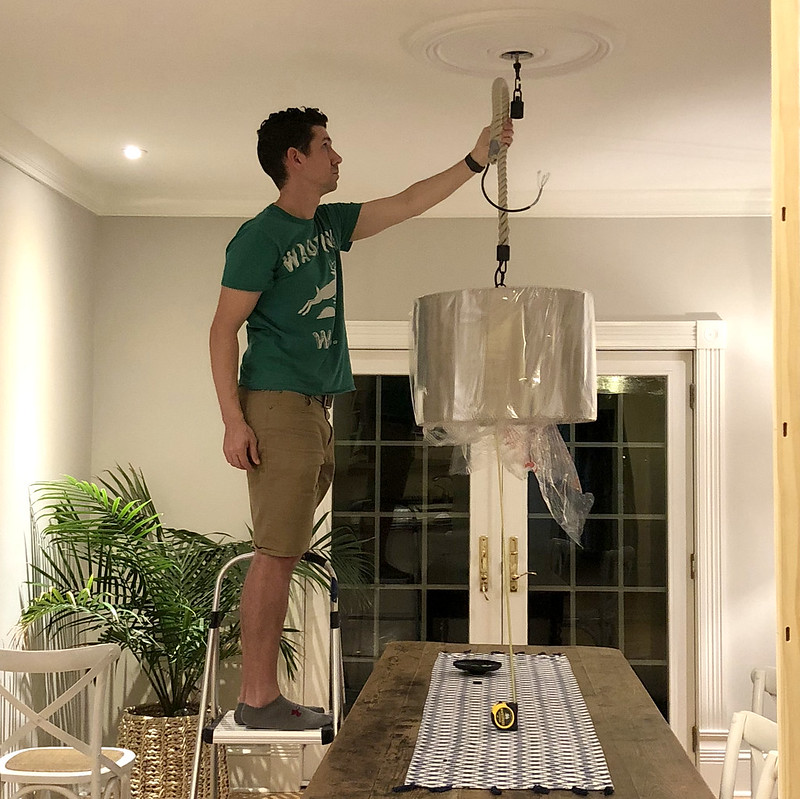I know I'm not alone in loving the thrill of a great home decor bargain! But sometimes those unbelievable deals blind us to the somewhat obvious flaws that may have induced said bargain.
Personally, I'm a self proclaimed bargain hunter. My friends know as me as shrewd negotiator, always on the hunt for a deal, and never wavering in my desire to achieve big budget looks at bottom dollar pricing. I understand that there may be a time and place to pay full price, but that time and place usually isn't one where I'll be found!
Over the last several years, as we've been establishing our decor style and preferred aesthetic in our Foursquare on the water, I've been deal hunting and stock piling. Whether we're talking antiques, light fixtures, textiles, art work, or accessories, I have a mental plan for our home and I'm always looking for items that would fill the gaps in this style.
In a nutshell, we're going for a "coastal farmhouse with antique accents" vibe, primarily because our home is an historic coastal farmhouse (go figure, embracing both the age and style of the house in its decor). As I've found decor items that fit with this style, and they happen to be a good price, either by happenstance or shrewd negotiating will, I pick them up for later use.
This tactic is precisely how we've ended up with several hanging fixtures for our home, all occupying space in their boxes in the attic. The themes of each are consistent with the others. Lots of light browns with natural wood, some with a gray weathered appearance, textured fabric like burlap, glass globes or domes with plenty of imperfections, and rough traditionally nautical rope accents. Here are just a few examples of my hoard.
 Continue Reading Full Post
Continue Reading Full Post
![]()
![]()